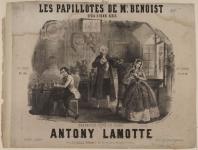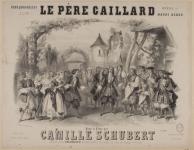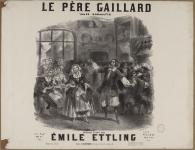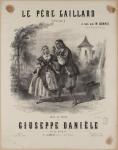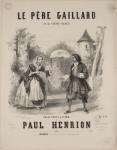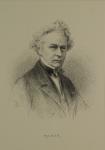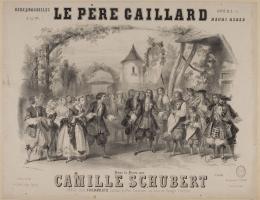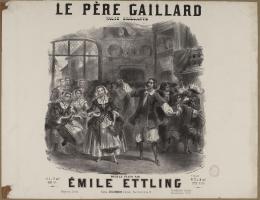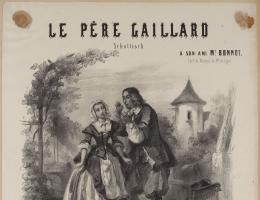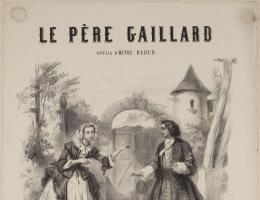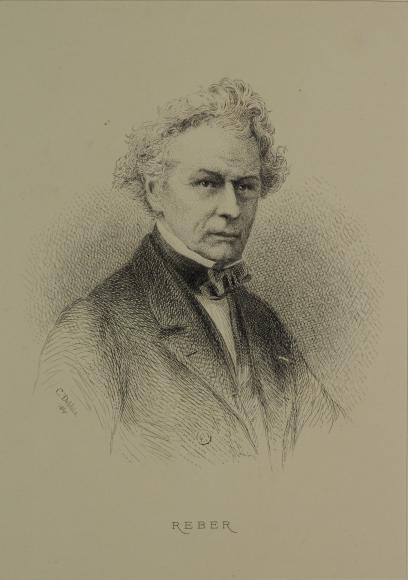
Henri REBER
1807 - 1880
Composer
Born in Mulhouse to a family of industrialists, Reber began a scientific career which he abandoned for music. Self-taught initially, he entered the Paris Conservatoire in 1828, where he studied harmony with Reicha and composition with Lesueur. He taught harmony from 1851, composition from 1862 (Massenet was his pupil) and became inspector of the Conservatoire’s different branches in 1871. His Traité d’harmonie, published in 1862 and reissued many times (with additions by Théodore Dubois in 1889) was still in use until the early 20th century. In 1840, he collaborated with Benoist on the ballet Le Diable amoureux. He then composed several opéras comiques: La Nuit de Noël, Le Père Gaillard (whose success resulted in his election to the Institut), Les Papillotes de M. Benoist, and Les Dames capitaines. Although French composers appeared keen to achieve success in the theatre, Reber actually preferred intimate genres. He gave of his best in some fifty mélodies. His varied choice of poets shows his broad literary knowledge and his liking for classical texts: Thibaut de Champagne, Charles d’Orléans, Marot and Corneille appear alongside Hugo, Musset and Gautier. He also left behind four symphonies and numerous works of chamber music, his field of choice. Among other things, he composed a string quintet, seven piano trios, a piano quartet, and three string quartets. Unconcerned about conforming to contemporary tastes, he was more classical than Romantic, following in the tradition of Mozart, Haydn and Mendelssohn.
Scientific publications
Publication

